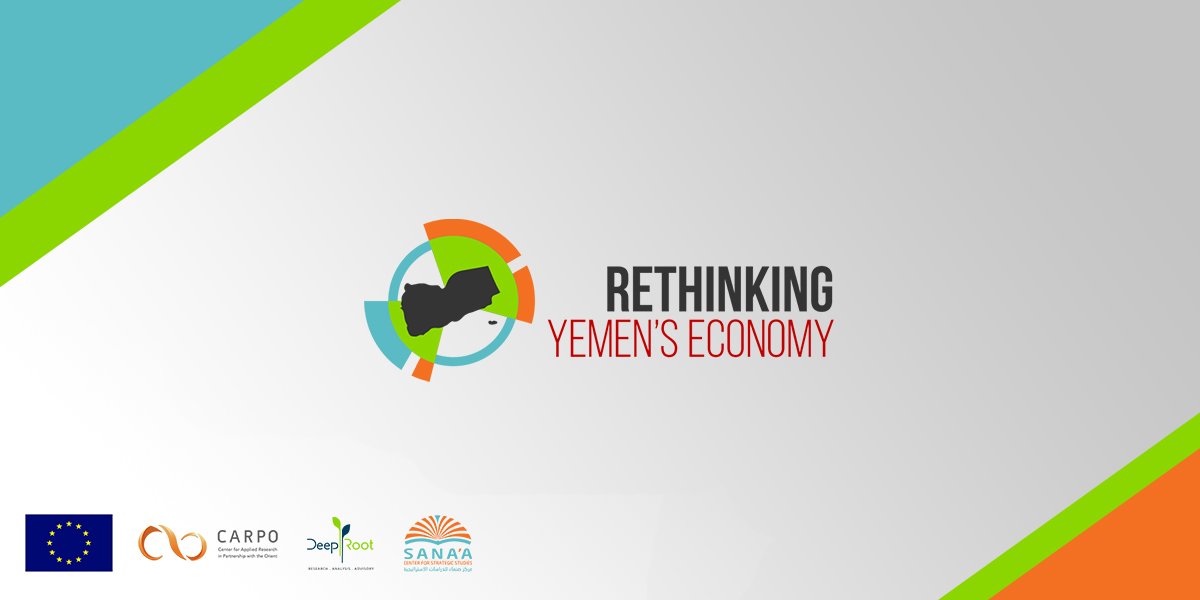Restoring Central Bank Capacity and Stabilizing the Rial
February 8, 2018 Policy Briefs
As part of the “Rethinking Yemen’s Economy” initiative, more than 20 of the leading socioeconomic experts on Yemen converged for the second Development Champions Forum on January 14-16 in Amman, Jordan. Among the urgent topics of discussion was the deterioration of the value of the Yemeni rial (YR), the magnifying impact this is having on the humanitarian crisis, and the need to re-empower…
